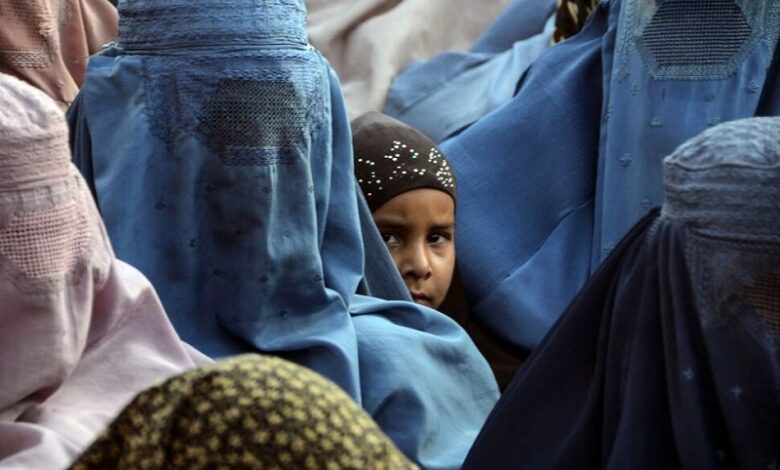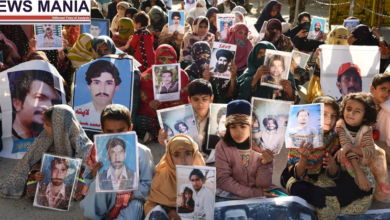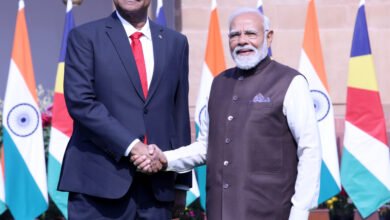Afghan Women’s life after Taliban takeover
Taliban disregards women’s rights in Afghanistan,Human rights need strict intervention and find ways for these Women who are leading a life of Prisoner and human injustice

Rakshanda Bhattacharjee /22nd July 2024
The live of Afghan women today:
The condition of women in Afghanistan remains dire under The Taliban regime. Since the Taliban takeover in August 2021 a series of respective measures has severely affected the rights and freedom of women and girls across the country. The situation today is characterized by extreme restrictions on personal freedom, education, employment and access to public life leading to a mental and physical health crisis among Afghan women and girls. Afghan women and girls have been grappling with increasingly restrictive decreases limiting their participation in all aspects of social, economic and political life. These have confined millions of women to their home, restricting the important contribution to society.
One of the most significant impacts of The Taliban rolls has been on education girls are banned from attending school beyond the 6th grade this policy has affected around 1.5 million girls effectively denying them the right to education and limiting their future opportunities education is a fundamental right and critical tool for empowerment but under the Taliban it has become a battleground for control and representation the ben has not only deprived girls of learning but also increase rates of child marriages and early pregnancies as family resort to marrying off their daughters to cope with economic hardship and societal pressures.
And, in the work forces, the situation is equally grim. Women are prohibited from working in most sectors outside the homes with few expectations. Where conditions are made even highly qualified women have been forced out of their jobs and those who were allowed to continue working face severe restriction and harassment. Female civil servants. I.e. have seen the salaries cut to the lowest level, a clear message that their contributions are neither valued nor wanted under the current regime.
Social restrictions and mobility:
The Taliban have imposed social codes on women severely limiting their freedom of movements and personal autonomy. Where women are required to wear the proper hijab, which includes a non fitted black garment with a face covering and a not allowed to leave their home without a male guardian this policy has not only women’s independence but has also isolated them from social and public life increasing the availability and dependence on male family members. Public spaces such as parks, gyms and public baths are off limits to women. They restrict their ability to engage in physical activity and social interactions. This exclusion from public life has exacerbated mental health issues, with many women expressing anxiety, depression and the sense of hopelessness.
The oppressive environment under The Taliban has taken a toll on women’s health and well being. Access to healthcare has become more challenging due to the restrictions on female mobility and the secretary of female healthcare provided women can only be treated by female doctors, who are becoming increasingly rare due to the restriction of some women’s education and employment in the medical field. The lack of healthcare resources has led to higher maternal and infant mortality rates and has limited Oman’s ability to seek medical help for other health issues.
The international community has largely struggled to respond effectively to this development; efforts to engage with the Taliban have not held significant improvements in the production of human rights and in some cases have been counterproductive. Human rights organisations continue to call for urgent and sustained international attention and actions to support women and girls. The condition of women in Afghanistan today is a humanitarian crisis of epic proportions. The Taliban’s systematic assault on women’s rights has left millions of women and girls without education, employment, or basic freedoms. The international community has a moral obligation to stand with Afghan women and ensure that their rights are protected and restored. Through sustained diplomatic pressure, targeted humanitarian aid, support for civil society, legal accountability, and global awareness, it is possible to make a difference and help build a future where Afghan women can live with dignity, freedom, and equal rights.






